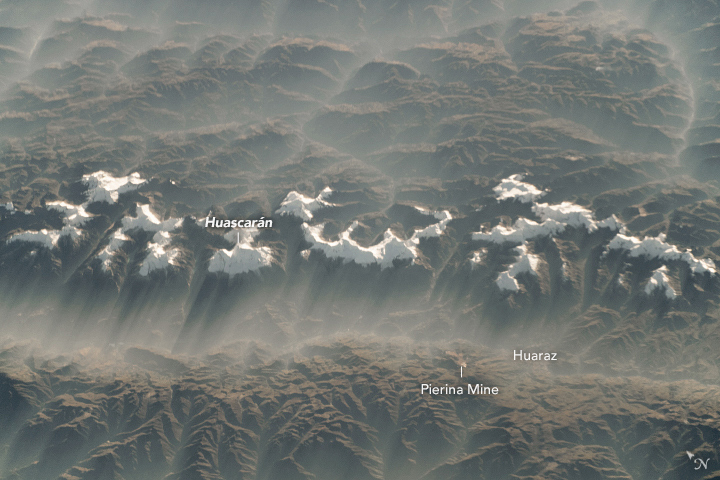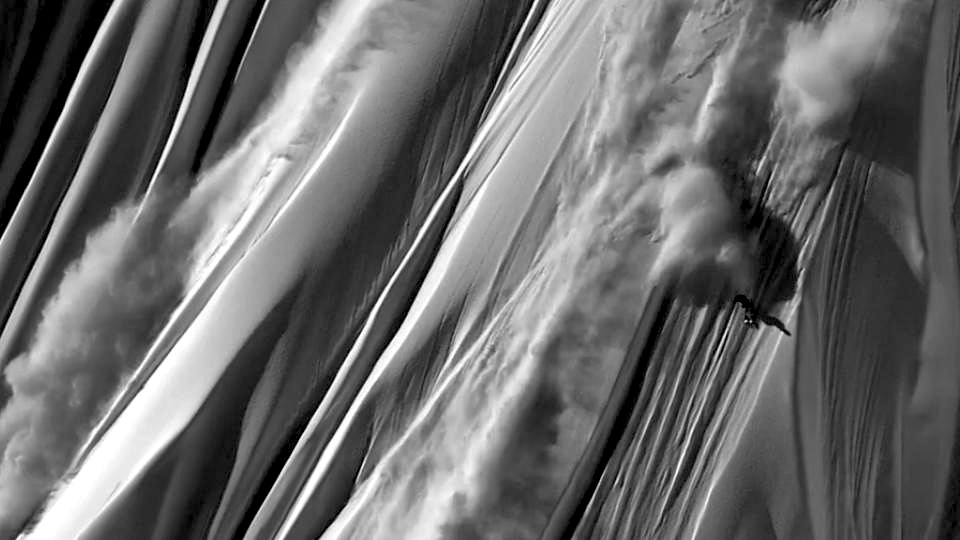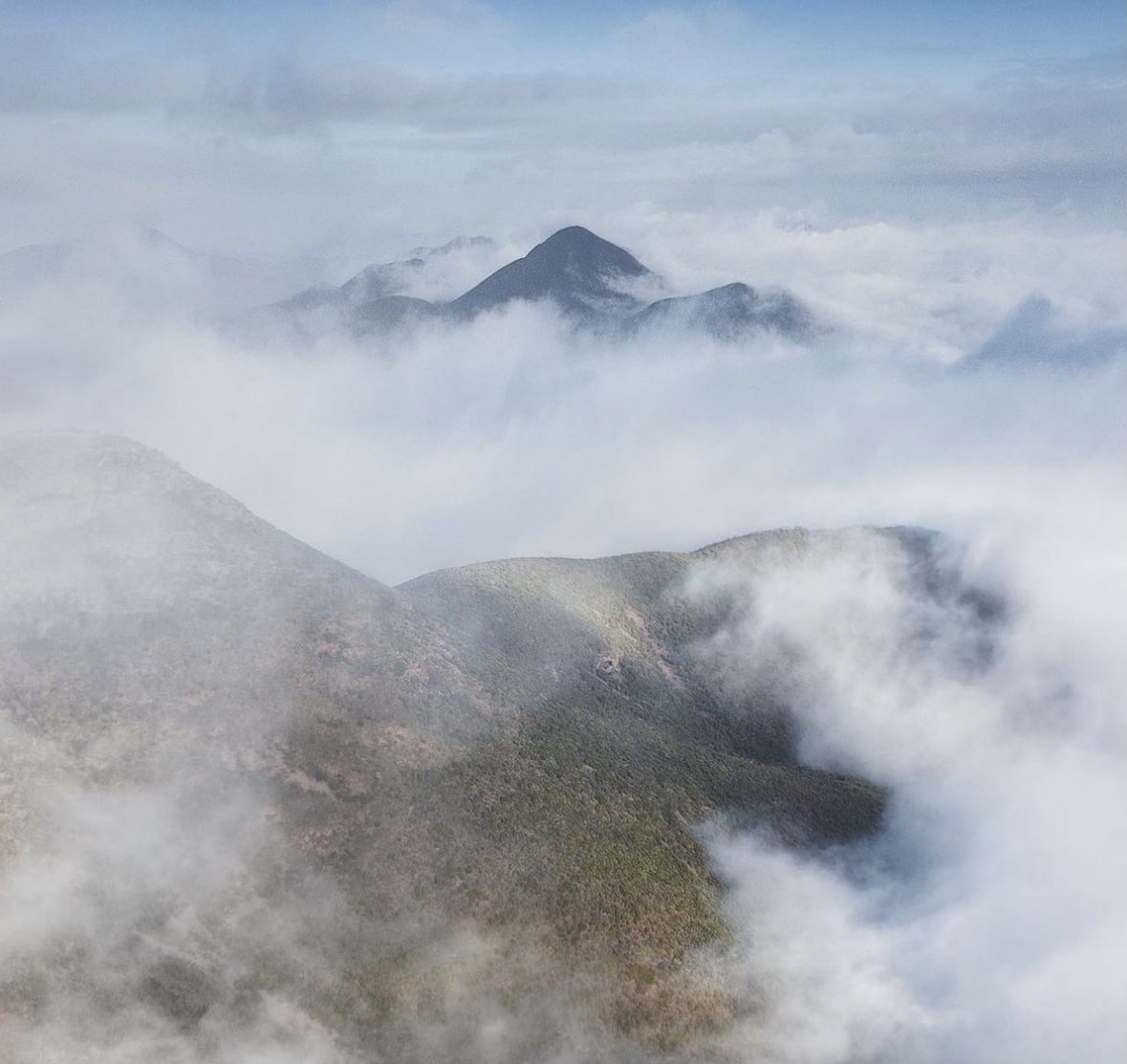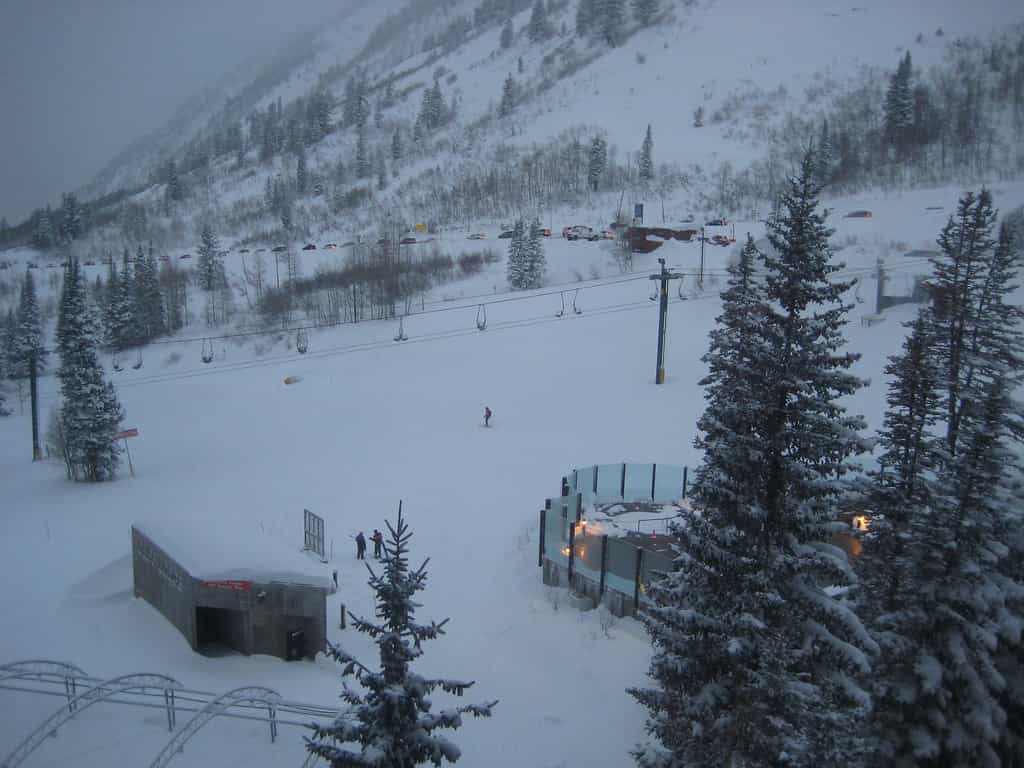
by NASA
When an astronaut took this oblique photograph of a misty winter morning over western Peru’s Cordillera Blanca, snow-capped peaks cast long shadows over the valleys.
The highest mountains in Peru are visible, including Huascarán, which soars 6,768 meters (22,204 feet) above sea level. The peaks have been eroded by glaciers into steep curving ridges—known as cirques. With over 700 glaciers, the Cordillera Blanca holds much of the land ice in Peru.
Light fog filled the valleys as the Sun rose. High overnight relative humidity, low surface winds (visualized here), and the morning temperature inversion caused the fog in the lower altitudes. The major mining city of Huaraz is barely visible under the fog cover, but the light color of the Pierina Mine, an open pit gold mine, stands out from the darker land surrounding it.
Astronaut photograph ISS059-E-64089 was acquired on May 18, 2019, with a Nikon D5 digital camera using a 240 millimeter lens and is provided by the ISS Crew Earth Observations Facility and the Earth Science and Remote Sensing Unit, Johnson Space Center. The image was taken by a member of the Expedition 59 crew. The image has been cropped and enhanced to improve contrast, and lens artifacts have been removed. The International Space Station Program supports the laboratory as part of the ISS National Lab to help astronauts take pictures of Earth that will be of the greatest value to scientists and the public, and to make those images freely available on the Internet. Additional images taken by astronauts and cosmonauts can be viewed at the NASA/JSC Gateway to Astronaut Photography of Earth. Caption by Sara Schmidt, GeoControl Systems, JETS Contract at NASA-JSC.




